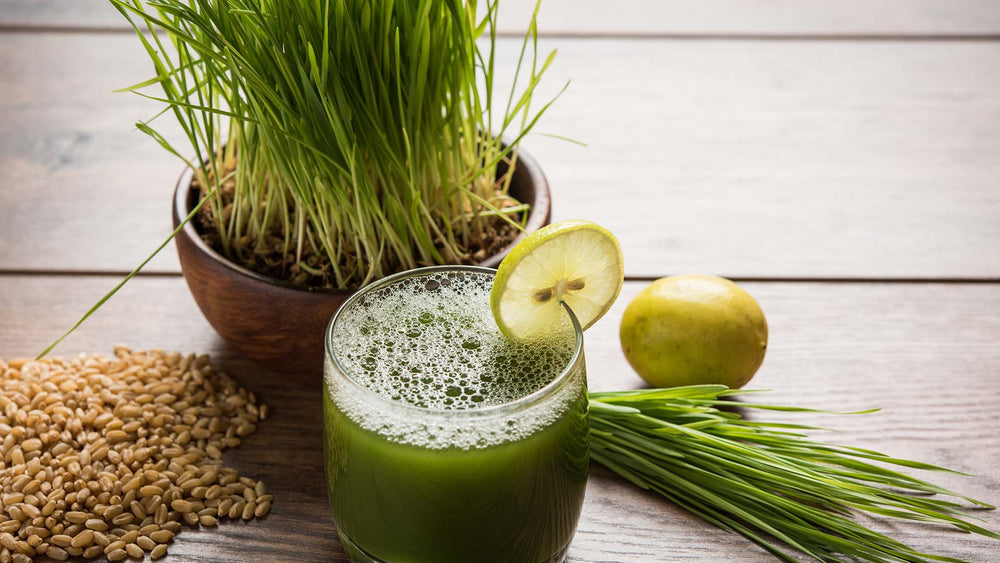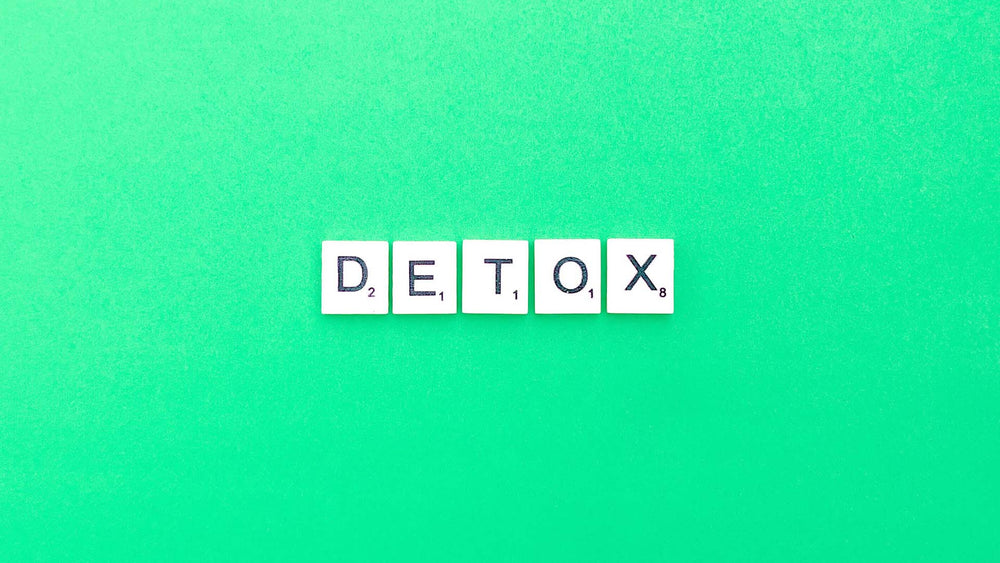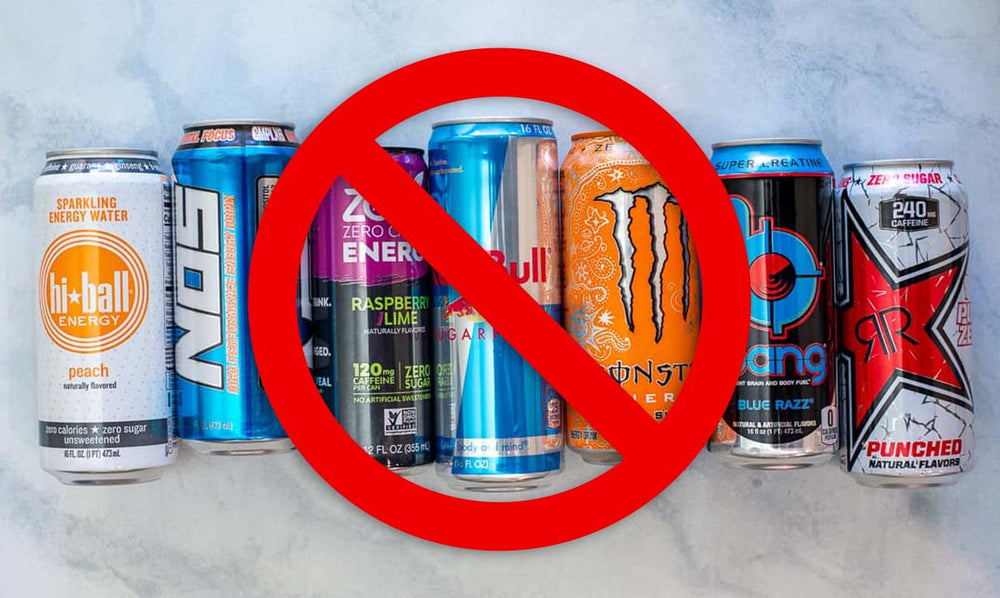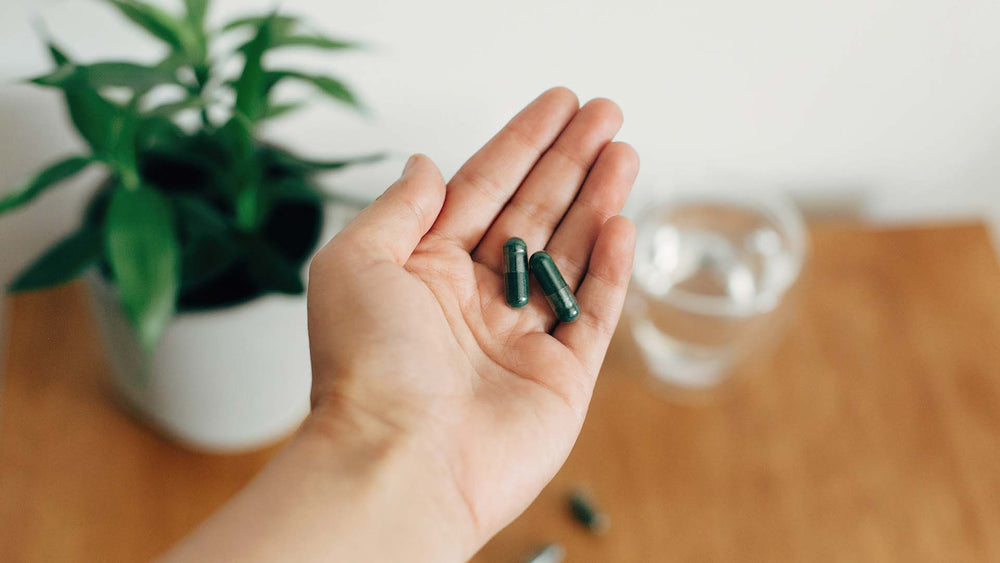Have you misplaced your keys again?
Or went into a room and forgot why?
Most of us experience these little foggy spots in our mind every now and then. While these can usually be attributed to merely forgetfulness or old age rather than more serious complications, studies show that choline can improve memory ... in addition to having many other health benefits.
Choline is in the Vitamin B family.
According to Men’s Health, studies revealed that participants with a choline-rich diet performed better on visual and verbal memory tests, and brain scans indicated they were less likely to suffer from dementia later on in life.
If that doesn’t convince you of the benefits, USDA research shows that choline also lowers blood levels of homocysteine—an amino acid that when at a high level can damage the walls of the arteries, which can lead to blood clots, heart attacks, strokes, heart disease, and dementia.
Vitamin B like choline prevents high levels of homocysteine. A 2008 study from the National Institutes of Health found that choline is also associated with a reduced risk of breast cancer.
In fact, women with a choline-rich diet were as much as 24% less likely to develop breast cancer. The study showed that even eating one egg a day reduces the risk of breast cancer by 18%.
Other research has proved that choline is essential for evading disease and promoting health. This nutrient is one needed by people of all ages, yet most people don’t get enough of it. Only 1 in 10 Americans receive the recommended amount of choline. How much choline is recommended?
• Infants: 125 milligrams (0-6 months) and 150 milligrams (7-12 months)
• Children: 200 (1-3), 250 (4-8) and 375 (9-13)
• Adolescents: 400 milligrams for females and 550 milligrams for males (14-18)
• Adults: 425 for women and 550 for men (19+)
Pregnant and breast-feeding women are also recommended to take more choline to aid brain and memory development of the fetus and infant as well as lower the chances for birth defects.
But where do you find choline?
Eggs, chicken and seafood are all foods that are rich in choline. One egg has 125 milligrams of choline, and 200-300 milligrams can be found in as little as 3 ounces of chicken. Vegetables such cauliflower, peanuts and brussels sprouts are also high in choline. And of course, our REVV is packed with choline, as well as wheatgrass, cocoa, L-Taurine, and Periwinkle herb, allowing you not only to be alert and focused, but also improve your memory along the way.
















